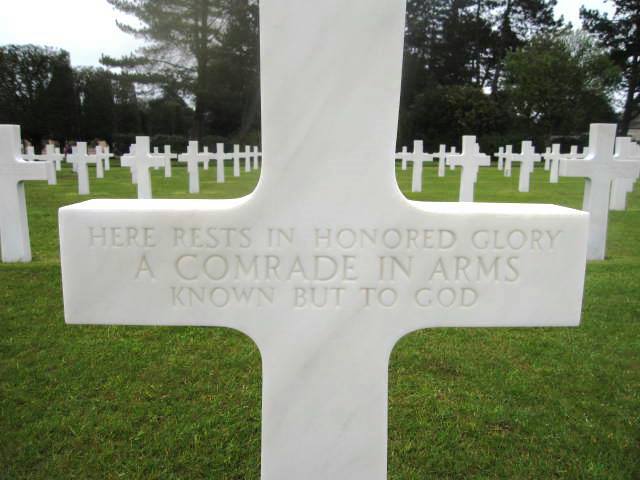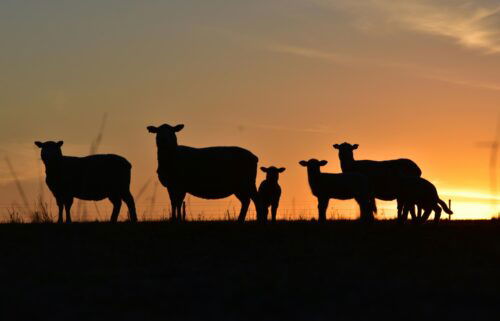Kipling’s loss and contribution

By Mark Lane
Submitted to Corner Post
One of the best-known authors of the late 1800s and early 1900s was Rudyard Kipling. For a time, he was the highest paid writer in history. He was an accomplished journalist, poet and novelist, earning a Nobel Prize for literature. But his primary works were short stories, and many today are familiar with the Disney movie The Jungle Book, which was based on some of these. The classic movie The Man Who Would Be King was made from another story of his. Generations of students memorized his most famous poem, “If.” Much can be said about the man. I’d like to introduce you to a few aspects that you probably don’t know.
Kipling and his wife Caroline had two daughters (Josephine, who died at age six, and Elsie) and a son (John). Rudyard was very fond of his children and spent considerable time with them. He felt especially close to John, and it was with him in mind that he wrote his best-known poem. In 1914, with World War I raging in Europe, young English men eagerly signed up to join the fight. John was among them, but he was rejected due to poor eyesight. At John’s request, Rudyard used his influence to gain a commission for his son in the infantry of the Irish Guards. Tragically, he died on the battlefield of Loos in northern France.
John’s body was not identified, leading to heartbreaking uncertainty. At the time, official identification was not yet practiced. Particularly in battles with heavy casualties, bodies that could not be clearly identified were buried in mass graves, and sometimes markers at those sites were lost or destroyed. Deeply distraught by the loss, Rudyard spent four years trying to find his son (if he had been taken prisoner) or his son’s body. Working with the commission to honor fallen soldiers, it was Kipling who suggested the phrase “KNOWN UNTO GOD” on gravestones of unidentified soldiers of the commonwealth. Epitaphs on markers of unidentified American soldiers’ graves bear a version of Kipling’s phrase, “KNOWN BUT TO GOD.”



